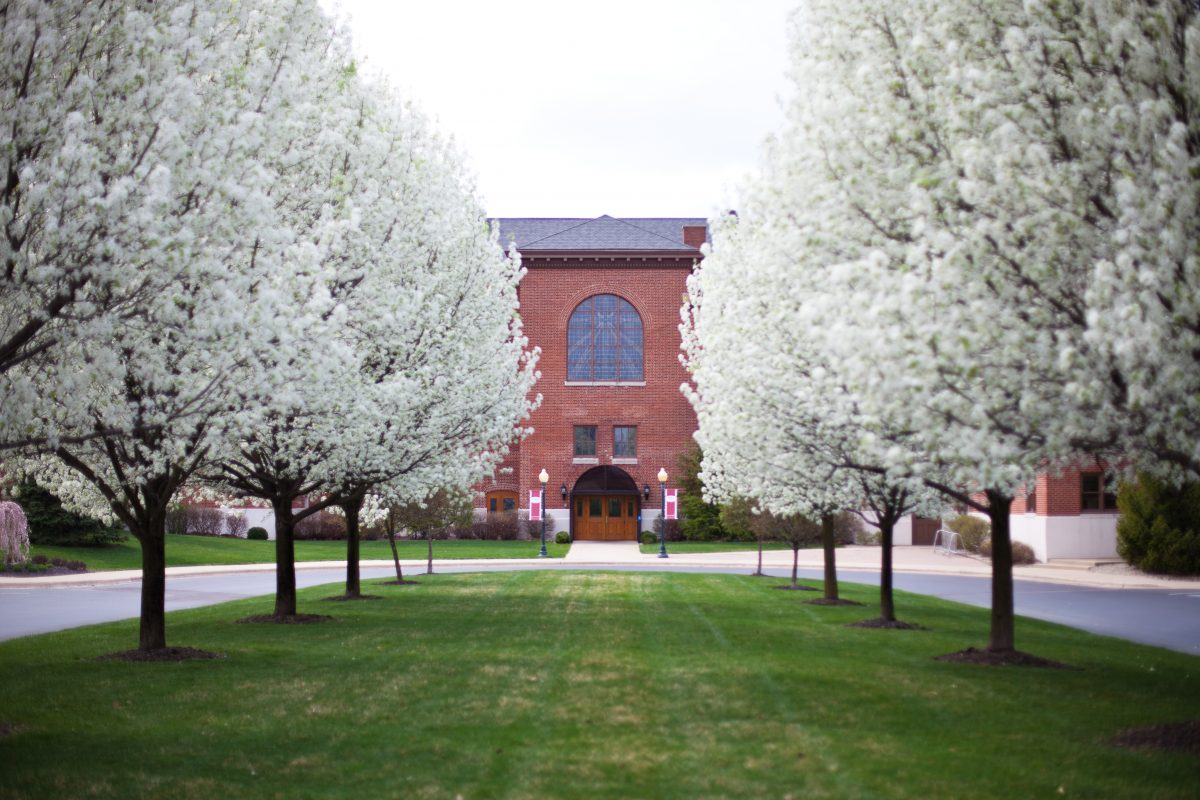March 11, 2020
Exploring Virtue in Mankind | Part 2: The Origin of Civic Virtue
Written By Grace Seminary
Tagged With Dr. John Teevan

Where Are These Civic Virtues Found?
A Republic requires the virtue of its citizens to function well and even to survive. I think that this surprising thought from Montesquieu makes me look at our European and especially our American governments in a fresh light. But what kind of virtue is needed for a Republic to thrive?
What is this virtue?
The Greeks with their strong focus on character as applied to civic life (polis) provide a worthy starting place as we search for virtue. For them it is all about right relationships among people which goes by the name justice. Justice is the result, they wrote, of people who have prudence, temperance and fortitude. We call these by different names now: discernment, balance, and courage.
Moses gave the wandering tribes of Jehovah the 10 Laws needed to form a society of godly virtue. Social relationships require knowing who the authority is (God: including laws about no idols and the sabbath), protecting the integrity of the home (parents and no adultery), property (no stealing), truth telling (no false witness or name of God in vain), and respecting life (no murder). The addition of coveting is an interior action resulting in the social virtue of being, at a bare minimum, considerate.
If a person is not free to act according to their character it is because their virtue will have no impact on their town, state or nation. Therefore, it is essential for a Republic to provide maximum freedom for its citizens.
What about justice?
Surprisingly, the biblical word for justice is the same as the word for righteous. This means that justice as taught by the Greeks has a new godly dimension. In both Testaments if an action is good it is both just (to the extent it is good for society) and also righteous (in regard to its ability to please God).
From the biblical perspective it is essential to have both the Godward and manward dimensions correct. It is impressive that this worked not only in the Hebrew theocracy, but also survives as a norm for people in churches which are scattered among the nations.
Together these Greek and Biblical social virtues lead to a decent, polite, thoughtful people who are involved in their public life as honest and positive contributors. In terms of a Republic, they have the virtues needed to be informed and to discern what leaders should be elected so society can thrive.
Where are these virtues found?
Secularists will say that these virtues are found in the use of human reason untainted by ignorance, magical thinking/superstition or reliance aristocratic elites. They cite reason as the cornerstone and therefore find that virtue is found in education.
Christians will say that these virtues are found in the entire human person especially when in right relationship to God. We cite a solid homelife and a proper church involvement accompanied by good education as the way to instill these virtues in the young and to carry on these virtues over the generations.
Tyrants want so such virtue and especially no such God. People are to fear the tyrant elites in power and the people are better off ignorant and voiceless. Monarchs may encourage good homes, good churches and good education provided it is in the service of the monarch to whom all efforts will bend. It is the crown not the subject who is to thrive here. Both tyrants and monarchs are suspicious of any God who claims allegiance or makes any claim of authority that threatens their own.

John Teevan, PhD
Adjunct Professor, School of Ministry Studies
Share
Tagged With Dr. John Teevan
